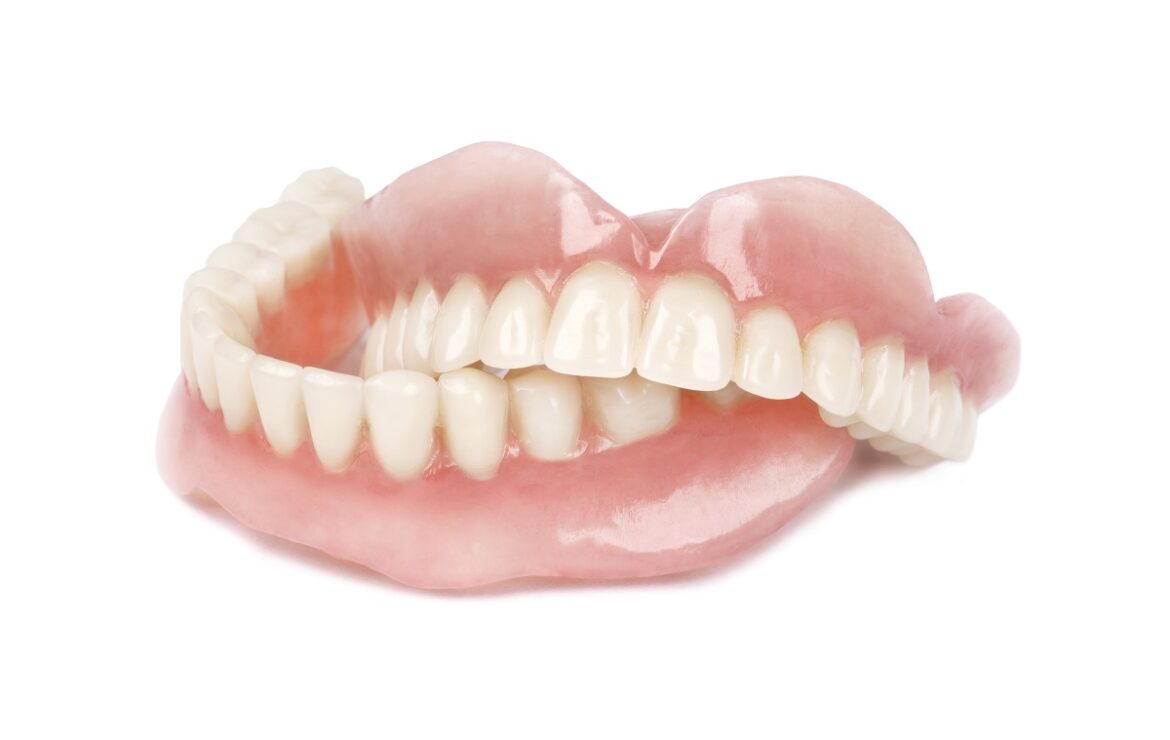Dentures Vs Implants: Pros and Cons

Dentures Vs Implants: Pros and Cons
What do you need to consider when choosing between dentures vs implants?
- Jawbone health
- Number of teeth to be replaced
- Procedure
- Unhealthy habits
- Aftercare
- Longevity and replacement
Having missing teeth can affect not just your self-esteem, but also your ability to chew, speak properly, or clean your teeth. It also causes bone loss, shifting of neighboring teeth, and impacts your facial structure and shape. Fortunately, both dental implants and dentures are effective at replacing your missing teeth. Today you will learn how to weigh the pros and cons of each one. Keep on reading to learn more about dentures vs implants.
Jawbone Health
The first factor you need to consider when choosing between dentures and implants is your current oral health. Your dentist will first perform an assessment to determine which option is suitable for you. You might also be asked to undergo some tests depending on the type of treatment involved.
Dental implants require you to have an ample amount of jawbone material because this will affect the support on the screw. But if you have lost a significant amount of bone material, your dentist might suggest bone grafting. Dentures are also a more suitable option.
Number of Teeth to Be Replaced

Dentures are recommended for two reasons. It’s a viable treatment if you lost all your teeth, as complete dentures can be fitted to both your top and bottom gums. There are also partial dentures, which are suitable if you are missing multiple teeth.
But if you’re only looking to fill in a single missing tooth, a dental implant is a more ideal choice. It’s also recommended if you have lost multiple teeth, but in different areas.
Procedure
The process for dental implants can take three to four visits to the dentist. This is spread over a three to six-month period. A metal prosthetic root is implanted deep into your bone. After the procedure, your implant is left to heal and integrate with the jawbone between six weeks and six months.
You will be given temporary teeth for the time being. Once it’s healed, the final restoration is fitted. An implant can support a crown, bridge, or denture. Implant-supported dentures do not require an adhesive but are still removable.
Compared to the process for dental implants, the procedure for complete and partial dentures has no surgery involved. It takes three to four dental visits. It will start by making impressions of your jaw. Then the cast will be sent to a dental laboratory. You will undergo several trial fittings to find the best match when it comes to aesthetics and function.
Unhealthy Habits

There’s a risk of implant failure if you’re a heavy smoker or drink alcoholic beverages excessively. This is because both activities disrupt the healing process of the gums, which is important for the success of the treatment.
When it comes to dentures, it’s also better to quit smoking. Smoking can damage your dentures because it can cause staining. It also speeds up bone loss, which means that your new dentures will lose their fit sooner. The smell of smoke can also make dentures smell, causing bad breath. If you plan to continue smoking with dentures, you need to schedule regular checkups with your dentist.
Aftercare
Your diet following implant surgery will also be a factor in your recovery. Your dentist may ask you to avoid chewing on the implant while it’s still healing. Other than that, it’s also important to prevent infection by following your dentist’s instructions regarding your oral hygiene. Once your implant is healed, it will fit just like you grew a new tooth. Visit your dentist often for cleaning and checkup.
Dentures should be worn regularly. Not doing so can make your mouth sore and inflamed more frequently. Skipping daily cleanings of your dentures can also lead to bad breath, infection, and stained teeth. When cleaning, don’t use toothpaste and brushes that are abrasive. There are different brands of denture cleaner available in the market, but soft bristled toothbrush and dishwashing liquid will do the trick Other than that, it’s also important to remove the dentures and put them in a water bath every night to rest your gums. Visit your dentist once a year, so they can check the fit.
Longevity and Replacement

Dental implants are made to last a lifetime as long as they’re well taken care of. To achieve this, it’s essential to perform proper oral health care and visit your dentist regularly. The crown can last more than a decade, but you might need to replace it if there’s significant wear and tear.
Dentures will also last a long time, but you need to make sure that they fit properly. Once they become loose or no longer look aesthetically pleasing, you need them to be relined, rebased, or remade.
Key Takeaway
It’s important to discuss your options in detail with your dentist when it comes to choosing between dentures vs implants. Here at Elevate Dental, our dentists will explain to you the benefits of each treatment and will suggest the best course of action depending on the health of your jawbone and remaining teeth. They will also consider your preferences and budget, so you can find the right match.
If you want to schedule a consultation, you can send us a message here.













